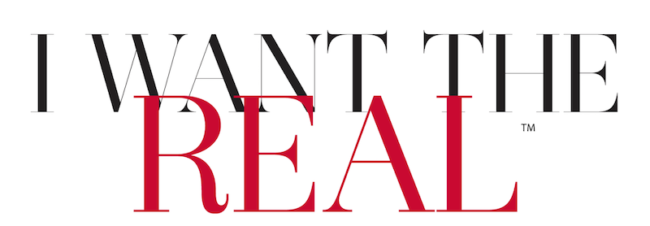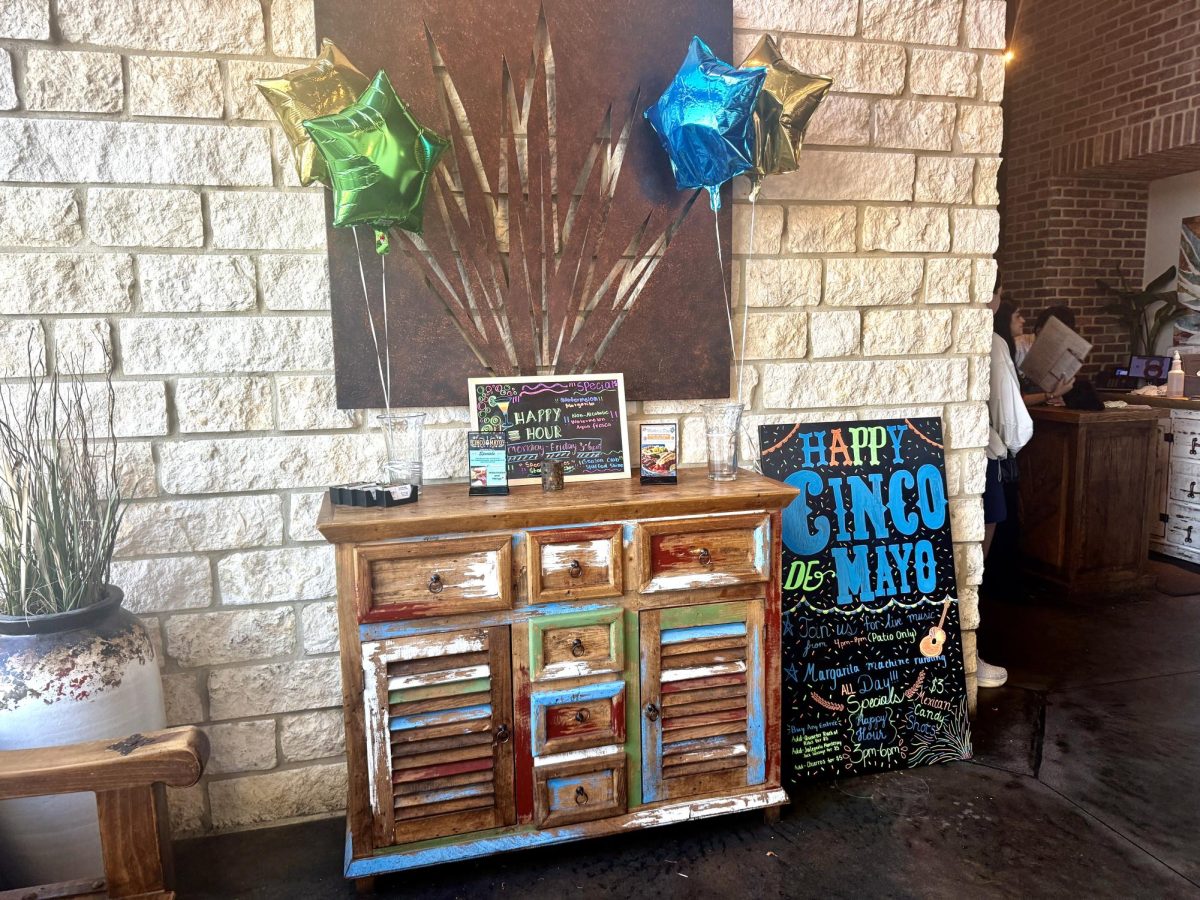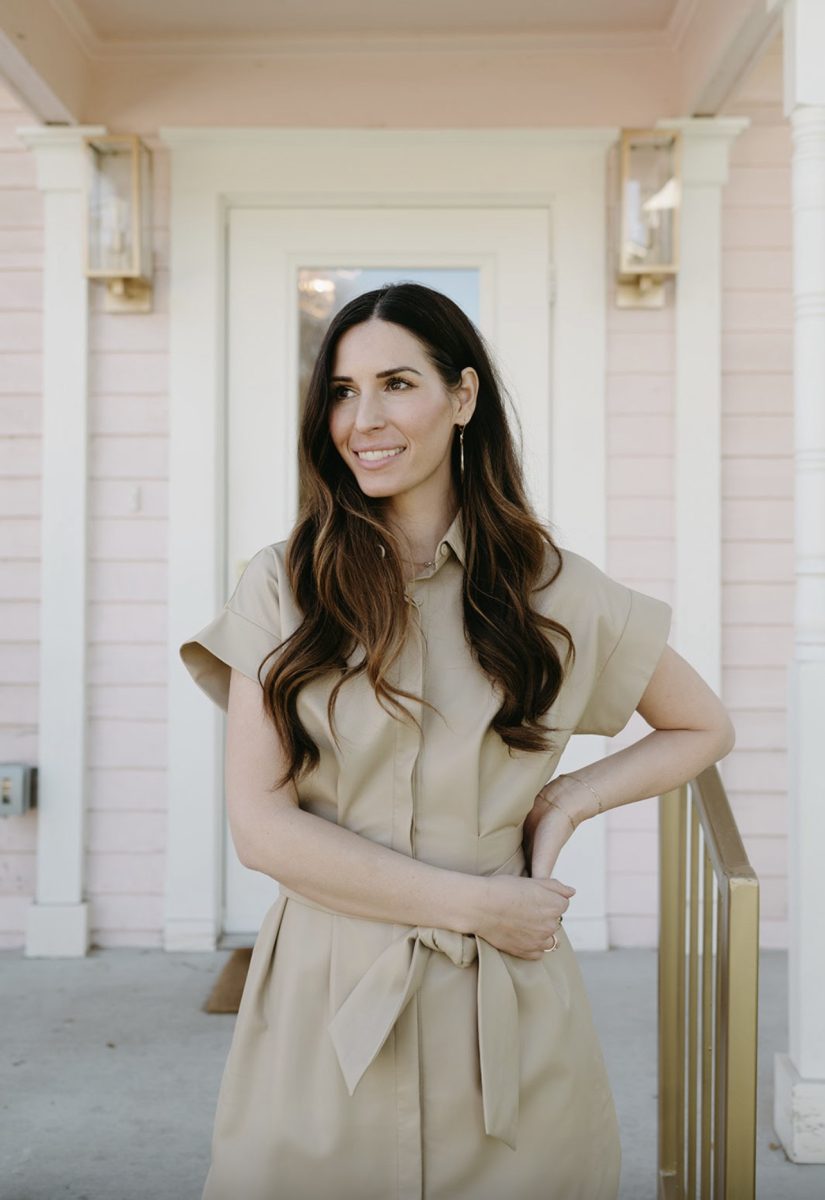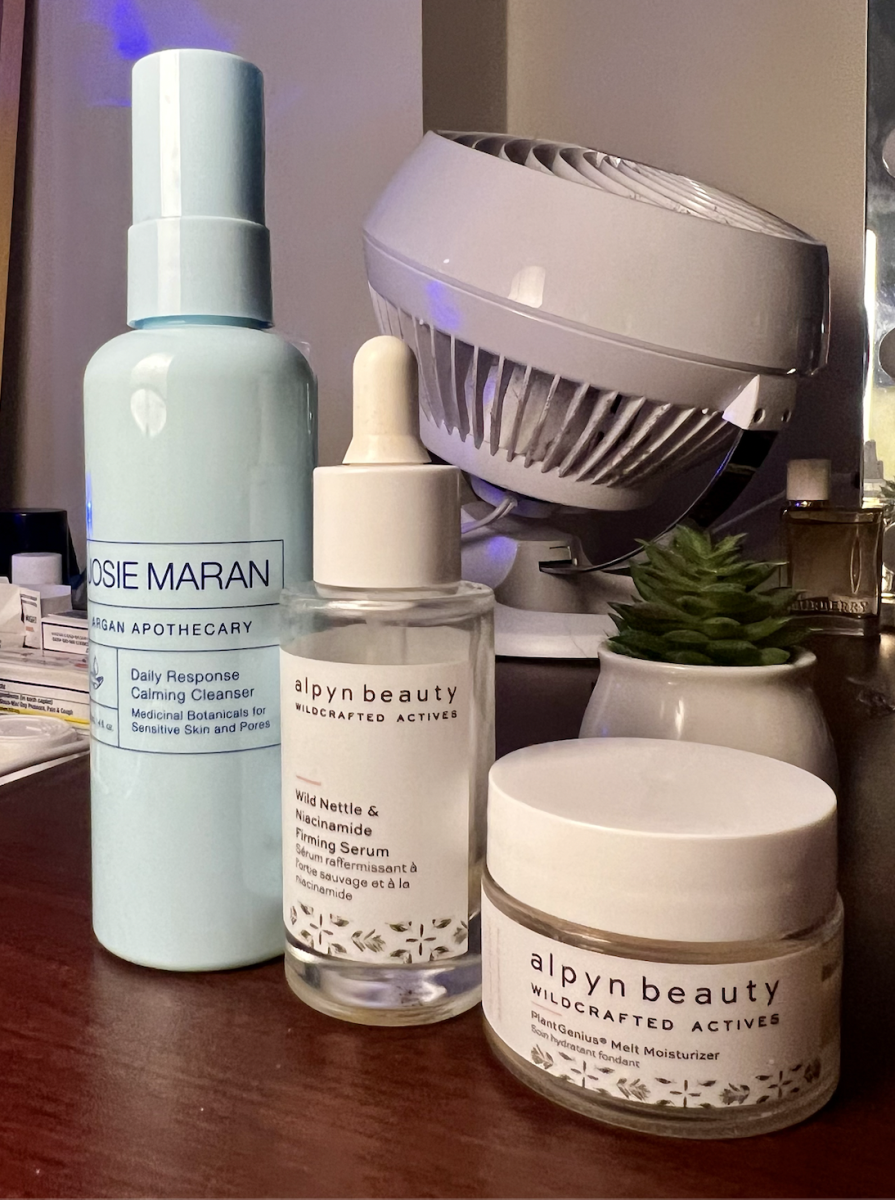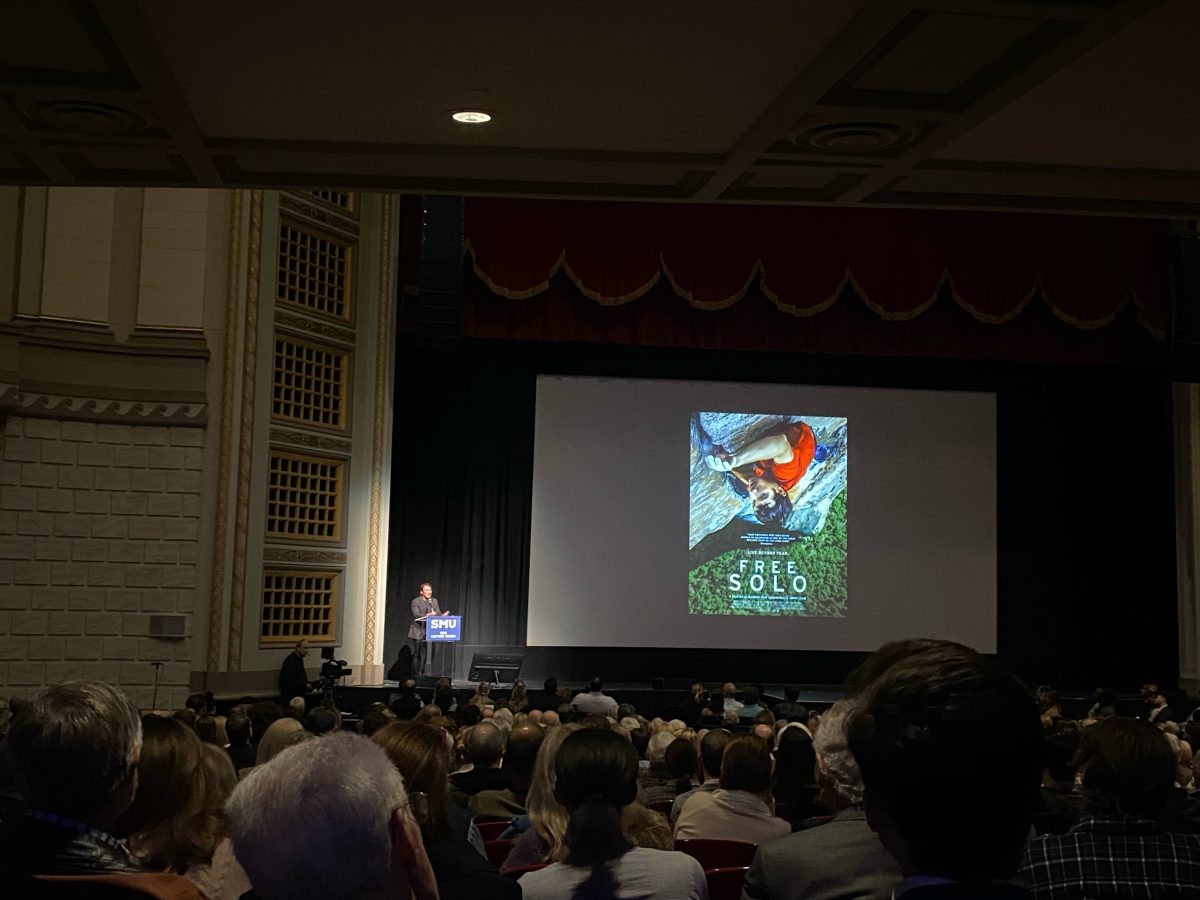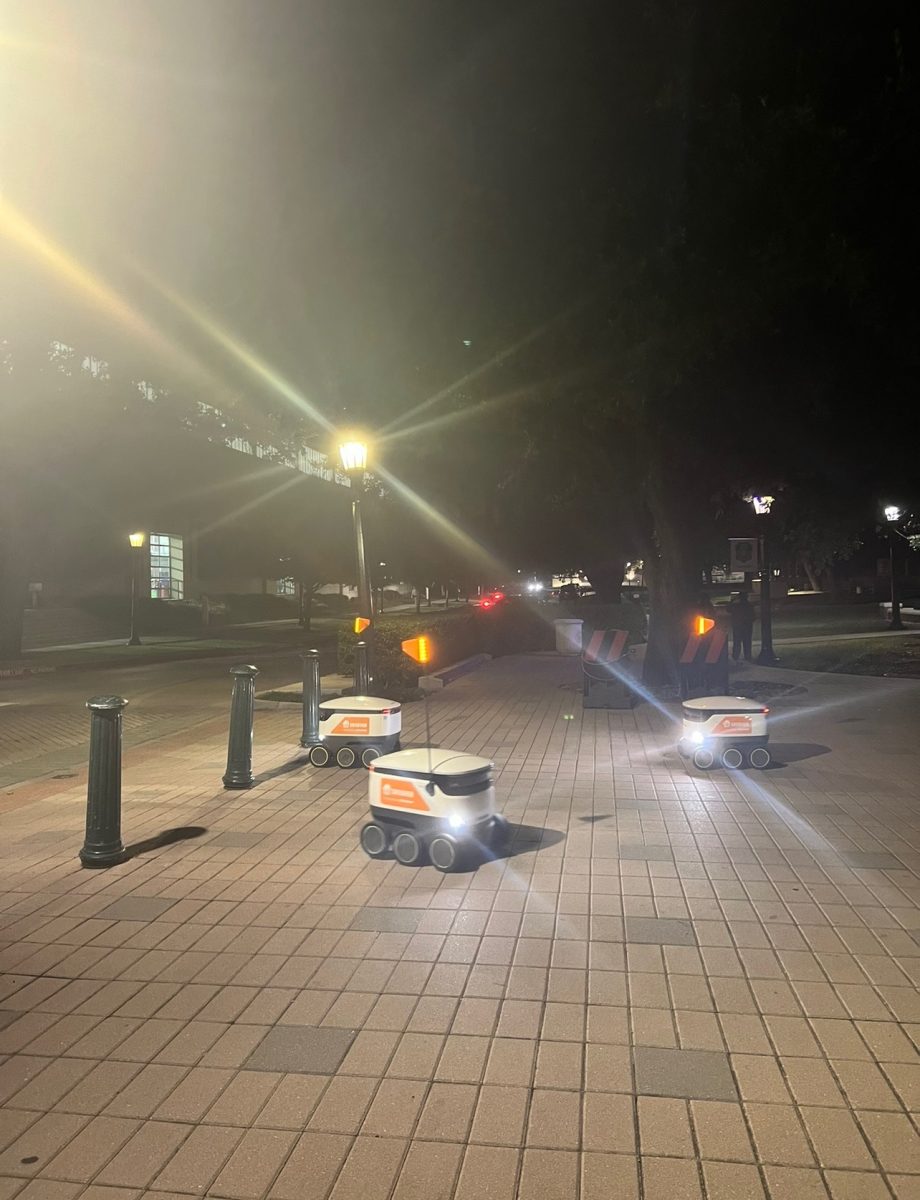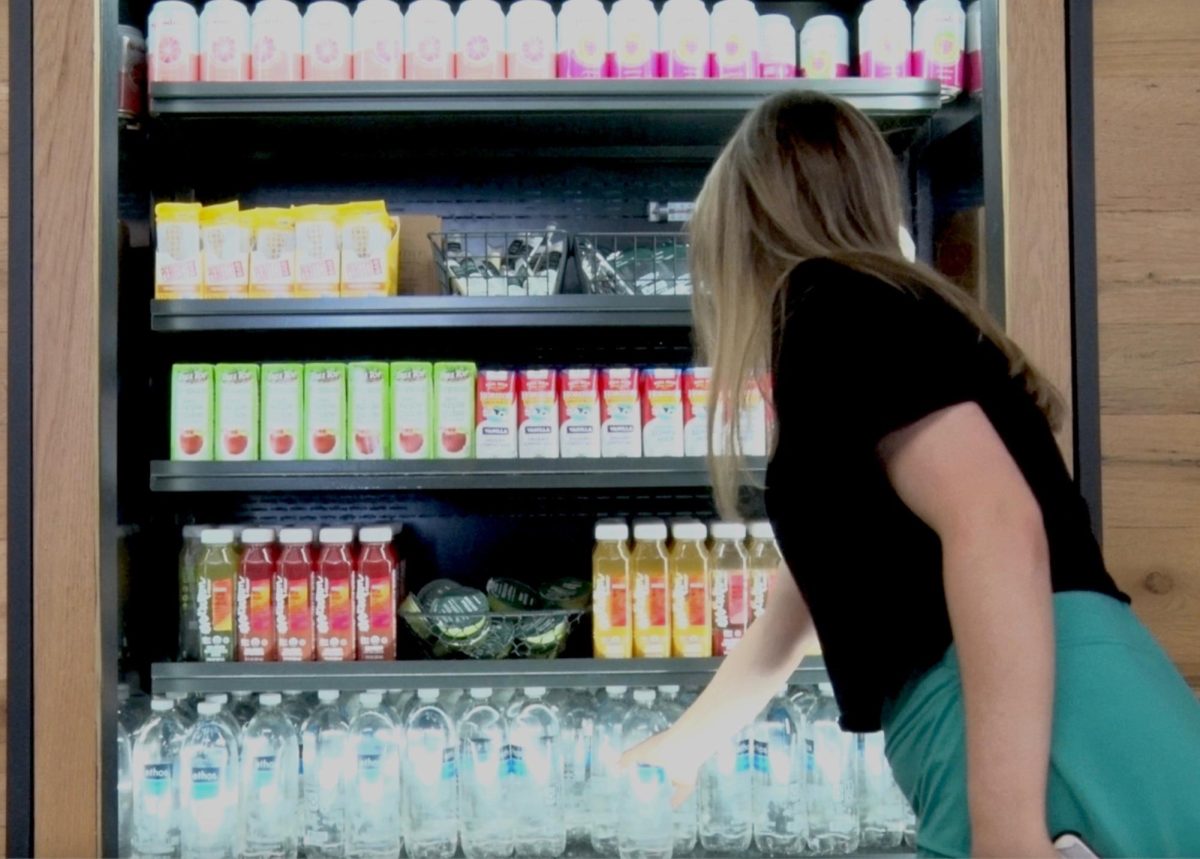Sitting in her bedroom, the safe environment where people come to tell their deepest, most personal tales, SMU senior Dana Giles talks about her new social media platform, I Want The Real.
I Want The Real is a creative platform where people can read about issues that are often swept under the rug. The website is geared toward creating a more accepting society where these topics can be normalized and talked about openly. Giles takes her interviews and turns them into the stories for online. Giles hopes that people can gain comfort, understanding and education on these real-life problems that many face.
“I wanted to create a place where people could go and read stories about other people’s experiences and kind of get them out of their own head,” Giles said. “I was really frustrated with how there were so many issues going on, like drug addictions and eating disorders, yet people never talked about it openly.”
“I wanted to create a place where people could go and read stories about other people’s experiences and kind of get them out of their own head.”
Giles believes that the topics on I Want The Real should be talked about on a daily basis to make them less taboo. Giles launched I Want The Real in the spring of 2018, but it has evolved since then. Topics discussed today fall under the categories of alcohol, anxiety, body, drugs, eating, prescription pills, pressures, and relationships.
“At first the interviews were about cool hobbies or accomplishments, but over the summer I pivoted because I realized I was more interested in understanding the true human dimension of emotions,” Giles said. “That was when I really started to feel it out and see if it was too much, but once I got the response, I decided to continue with it.”
“I realized I was more interested in understanding the true human dimension of emotions.”
Giles hopes that her platform can show readers they are not alone, and she hopes they can learn from different perspectives.
“People think life is black or white. They think, ‘Oh it’s never going to happen to me,’ or if they’re addicted to something they think they’d never get to that point,” Giles said. “But then they read these stories and realize, ‘Oh my God that’s where I am now. That’s going to be me later.’”
When I Want The Real was introduced at the start of the fall 2018 semester, the stories had 200 to 400 views. However, the popularity and readership have grown significantly, with over 2,900 views on her last post. Giles interviewed Mary Bennet Sigal about the recent passing of her younger brother. The post called “Robert’s Story” highlights the prevalent issue of drug use among American teenagers.
Hadley May, president of Kappa Alpha Theta at SMU, explains why she believes I Want The Real has had a positive response.
“I’ve read almost every story, and I can relate to something with every single story. It’s so universal. Everyone is dealing with these things, whether it’s the full story or only a part of it,” May said. “Everyone is reading it, and everyone is interested in it because everyone is going through stuff.”
Giles worked hard to make I Want The Real trendy and cool by incorporating her own style into its appearance. She makes the point that the issues discussed are very “not cool,” but she wanted to remove the stigma that society has placed on sites and organizations that talk about similar topics.
“Dana has done a great job at getting people into it. People think it’s a sick brand because everything is really aesthetically pleasing,” May said. “The most obvious and important part is the content and stories, but people’s initial response to how it looks has definitely helped draw readers in.”
All of the posts Giles publishes come from people who want to share their story, whether they choose to remain anonymous or not.
“I’ve had a lot of people reach out to me since the beginning,” Giles said. “At first my close friends or people who knew me would text me or DM me, but now I have this contact page on the site.”
May, who was featured on I Want The Real towards the beginning of its launch, explains why she wanted to share her story regarding her goals and experiences as president of her sorority.
“When Dana first started the whole thing, I thought it was a really cool idea and something that hasn’t really been done before, with like, being so candid with your responses,” May said. “She turned on her voice memo, and we got talking. We had a really great conversation, and it was really blunt, but that’s what makes all of this unique.”
“She turned on her voice memo, and we got talking. We had a really great conversation, and it was really blunt, but that’s what makes all of this unique.”
Tristan Prentice, a close friend of Giles, says Giles has a way of making people feel comfortable sharing their deeply personal stories with her.
“Especially for the anonymous interviews, it takes a tremendous amount of trust for these people to confide in Dana,” Prentice said. “Not everybody conveys that sense of trustworthiness that Dana does, and I think that’s been essential to why she’s so good at running the website.”
Giles has a process for each post on her website. She texts each person before they come in for the interview, and gives them the gist of the types of questions she will ask. Giles typically holds interviews in her bedroom at Kappa Alpha Theta, but sometimes goes to the interviewee’s home. She records every conversation and transcribes it on a Google doc which she shares with the people she interviews.
“I share it with them so they can change or edit whatever they want. People have to think on the fly in interviews, and sometimes they’ll say something they don’t want shared or they missed something important,” Giles said. “I want to make sure they have a lot of power in it too, especially since it can be really sensitive.”
“I want to make sure they have a lot of power in it too, especially since it can be really sensitive.”
Giles goes back through the edited document after it has been reviewed and adds a photo or video to go with the story.
“Then I pick out a few quotes that sum it up,” Giles said. “Usually a story takes me a couple of days to put all together.”
Giles explains that having a variety with what she posts each week is essential.
“I don’t post new stories based on the interviews I got during the week,” Giles said. “I think it’s a matter of getting the story and then figuring out when and what I am going to post.”
Prentice believes Giles has changed from creating this new platform.
“As she’s done more and more interviews, heard more stories, and had more people come share the most vulnerable aspects of their lives, Dana has inevitably evolved into a more empathetic person,” Prentice said. “Ultimately, I think that’s what she wants for the readers of I Want The Real as well.”
Though graduation is approaching, Giles says she will continue I Want The Real.
“These topics aren’t just a college problem, they’re everyday societal problems, and I think I can do a lot with it,” Giles said. “I’m in this in-between where I’m like, ‘Is this a side gig? Do I commit?’ But I’m leaning towards fully committing to it even though it’s a riskier path than just getting a nine-to-five job.”
Giles has aspirations for I Want The Real and is eager to see how it could expand. She explains that there are news and media outlets that talk about similar issues, but she believes they are not actually doing anything besides stating facts.
“Those sites are good, but I really hope that with these rising problems my website and platform can be similar to those sites, but instead actually give the benefit of helping people,” Giles said. “Whether that happens by turning it into a kind of lifestyle brand or getting investors, I don’t really know. But it’s something that I think about and hope for.”



